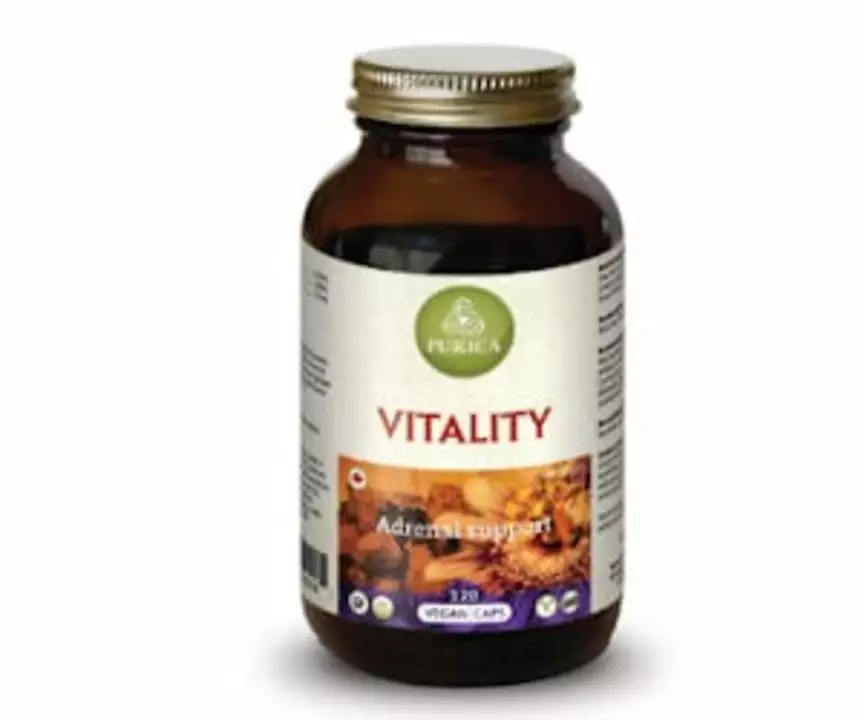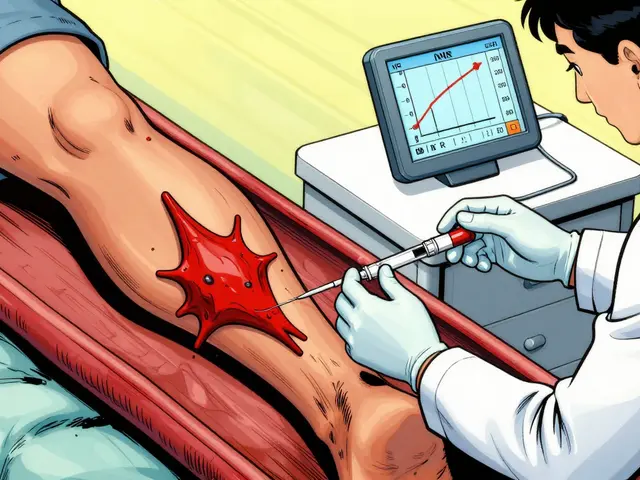Antioxidant: What They Do and How to Use Them Smartly
Antioxidants are molecules that help neutralize free radicals—unstable compounds that can damage cells. That sounds technical, but here’s the short version: antioxidants protect your cells, support healthy aging, and help lower oxidative stress from everyday sources like pollution, cigarette smoke, and heavy exercise.
If you want real benefits, food-first is the easiest and safest route. A diet rich in colorful fruits and veggies gives you a mix of vitamins (C and E), minerals (selenium), and plant compounds (polyphenols) that work together better than single pills most of the time.
Top antioxidant foods to eat every week
Try to include a few of these regularly. They’re affordable and easy to add to meals:
- Berries (blueberries, strawberries, raspberries) — great for smoothies or yogurt.
- Dark leafy greens (spinach, kale) — toss them in salads or soups.
- Nuts and seeds (walnuts, almonds, flax) — snack or sprinkle on oatmeal.
- Tea (green or black) and coffee — both have polyphenols.
- Colorful veggies (red peppers, beets, carrots) — roasted, steamed, or raw.
- Dark chocolate (70% cocoa or more) — a small square can do the trick.
- Brazil nuts or seafood for selenium — one Brazil nut a day often covers needs.
Some oils from tropical plants, like babassu oil, also contain antioxidant compounds and can be useful in food or skin care. If you read an article on our site about Babassu Oil Benefits, you’ll see how it fits into diet and wellness.
Supplements: when they help and what to watch for
Supplements can fill gaps, but they’re not always better than food. Vitamin C, vitamin E, and selenium are common antioxidant supplements. Before starting any high-dose antioxidant, talk to your doctor—high doses can be harmful in certain situations. For example, some studies suggest very high-dose antioxidants may interfere with chemotherapy or radiation therapy.
Shopping tips: pick brands that use third-party testing (USP, NSF, or ConsumerLab). Check the label for exact doses and avoid proprietary blends that hide amounts. Don’t trust claims that sound too good—no pill will erase years of poor diet and smoking.
Practical routine: focus on whole foods first. Add a balanced multivitamin if you have gaps. Use targeted supplements only when a provider recommends them. For skin, a topical antioxidant (like vitamin C serum) can help sun-damaged skin when used with sunscreen.
Want more? Browse our related posts for deeper reads—articles on dietary supplements like black psyllium, babassu oil benefits, and product reviews can help you pick safe options for daily use.
Small changes add up. Swap one snack for a handful of berries, drink green tea instead of soda, or add a salad to one meal a day. Those moves boost antioxidant intake without fuss and give fast, real benefits.





